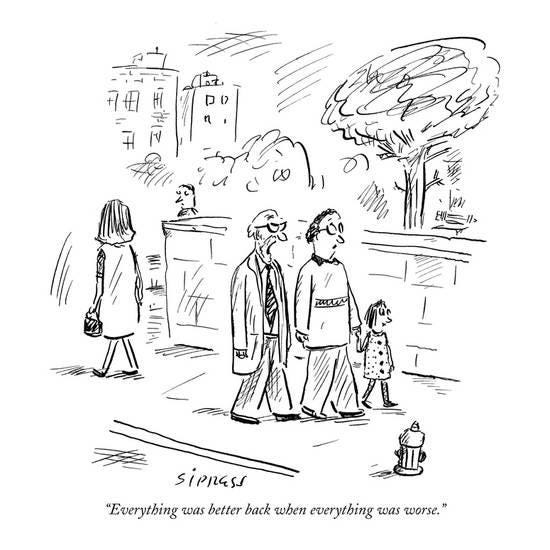Remember when you first learned how to draw? Oh, the artworks that you made! You didn’t even need a model or a scene — you made it all up from scratch, using nothing but your imagination.
A dragon looked how you thought a dragon should look. A house was a house in your image. What’s more, nothing had to be perfect, because you could always explain your picture to the audience.
“That’s you, mom!”
“Ah, of course, I see it now!”
The best thing about the pictures we paint as children, however, is that because they’re so self-evidently not about us, we’re happy to give them away. Every one is about something, but also for someone.
As a result, and I’m sure you remember this as well, we would regularly toddle over to our parents and say, “Look! I made this for you.”
“Aww, that’s so cute honey, this’ll go right on the fridge!”
The fridge?! Are you serious?! Ohmygodthankyousomuch!
We may not have shown it, but seeing our work “up there” felt special, didn’t it? Yeah, I definitely remember now. Good times.
What happened to this feeling? Actually, what happened to us?
Read More









